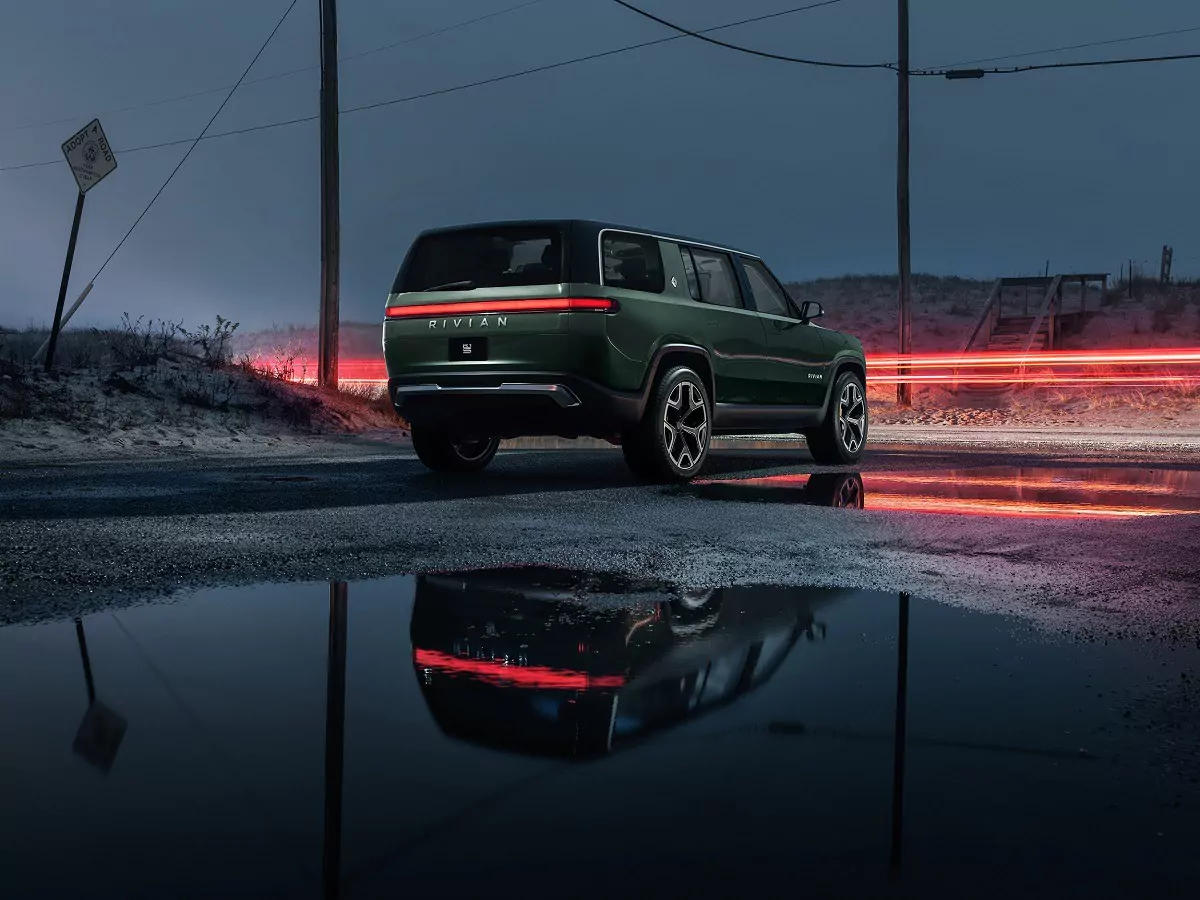Rivian Automotive shares surged more than 26% in Wednesday’s debut on the New York Stock Exchange, giving the company a valuation of $91 billion, above the valuations of Ford and General Motors, in one of the largest initial public offerings this year, CNBC reports, as cited by news.ro.
Urmărește mai jos producțiile video ale Economedia:
- articolul continuă mai jos -
Rivian on Tuesday evening priced the shares in the offering at $78 per unit, above the announced range of $72 to $74 per unit.
Shares began trading at $106.75 per unit, giving the company a valuation of $91 billion, higher than valuations for Ford ($77 billion) and General Motors ($87 billion).
Rivian, which is backed by Amazon and Ford, has attracted a lot of interest from investors looking to cash in on the rapidly growing electric vehicle market.
But the company has yet to establish a business model and anticipates revenue of up to $1 million in the third quarter.
Amazon’s 20% stake in Rivian is now worth about $17 billion and Ford’s 12% stake is worth more than $10 billion.
Amazon announced in September that its equity investment, including in Rivian, is worth $3.8 billion. Two months later, Rivian’s stake alone is worth five times as much following the listing.
Amazon has ordered 100,000 Rivian vehicles to be delivered by 2030. The companies plan to have 10,000 vehicles on the road for deliveries by next year at the earliest.
Outside of the business fleet, Rivian beat Tesla, GM and Ford with an all-electric pickup vehicle, the R1T. The company plans to launch a seven-seat electric SUV, the R1S, in December, according to an October prospectus.
Rivian CEO RJ Scaringe, who holds a PhD from the Sloan Automotive Laboratory at the Massachusetts Institute of Technology, founded Rivian in 2009.
The company is headquartered in Irvine, California, and has a vehicle assembly plant in Normal, Illinois. The company says its Illinois plant has the capacity to produce up to 150,000 vehicles a year. About 65,000 of those are expected to be R1T pickups and SUVs, and about 85,000 are expected to be the company’s RCV commercial delivery vans, Rivian said in financial documents.
But Rivian hasn’t started generating real revenue yet. Rivian said in its prospectus that it will lose up to $1.28 billion in the third quarter, while revenue will range from zero to $1 million. It also has yet to produce electric vehicles in very high volumes.
It’s unclear how quickly it can ramp up production, especially amid the global chip shortage and port constraints that have plagued automakers this year.
Rivian said it has a stock of pre-orders for 55,400 R1T and R1S vehicles from customers in North America and plans to deliver them by the end of 2023.
New legislation awaiting President Joe Biden’s signature will provide $7.5 billion in federal grants to build a national network of electric vehicle charging stations, and Rivian could benefit from the plan.
Scaringe emphasized that Rivian vehicles are ideal for people with a sense of adventure and a love of the outdoors. As such, the company is placing charging stations in remote destinations such as state and national parks.
Rivian had 6,274 employees at the end of June.

 Rivian / Sursa foto: Media Newsroom Rivian
Rivian / Sursa foto: Media Newsroom Rivian





























